Women are underrepresented in the tech sector—myth or reality? In addition to the Women in Tech survey, at Jaxenter we also launched a diversity series aimed at bringing the most inspirational and powerful women in the tech scene to your attention. Today, we’d like you to meet Fay Arjomandi, co-founder of mimik.
Is tech a boys-only club? So it seems. But the light of smart and powerful women is finally shining bright. We root for excellence and justice and, above all, we want meritocracy to win. This is our way of giving women in tech a shout-out.
Fay Arjomandi, co-founder of mimik
Fay Arjomandi is co-founder of mimik. From August 2014 to September 2016 she was the CEO of a group of mobile companies under Nantworks, including Tensorcom, Nantmobile and Mobile genomic health leading the consumerization health solutions.
Prior to NantWorks, Fay was the CEO of Vodafone xone where she brought an extensive wealth of expertise as an extraordinary entrepreneur to Vodafone’s new heart of innovation. Fay successfully launched Vodafone xone in Silicon Valley in September 2011, which became the global incubation center of the Vodafone Group and the beta brand for Vodafone consumer in UK, Italy, Spain, Germany, and Egypt. Fay spearheaded the partnership work with emerging and disruptive technologies to enable start-up companies to develop, test and prepare for commercial deployment in global markets. Additionally, her role expanded to lead Vodafone Ventures, the strategic corporate venture capital arm of Vodafone Group. Fay’s broad range of roles at the company also included being the board member of Vodafone Global Enterprise Americas, and the President of Vodafone Americas Foundation, an outreach program whose mission is to mobilize communities to resolve shared problems and to enable mobile technology to advance social change in addition to exceptional leadership and vision.
Prior to Vodafone, Fay was the co-founder and CEO three start-up companies L3 Technology, Mobidia, and Disternet (now mimik). As a pragmatic technology innovator, Fay has authored 12 patents. In 2014, she was named as one of the most influential women business leaders in Silicon Valley by San Francisco Business Week, and in 2006, received the distinguished Business In Vancouver’s “Top 40 Under 40” award presented to outstanding leaders in their chosen fields. In 2007, she was the Canadian technology and innovation representative to the White House.
Fay received B.A.Sc degrees in electrical engineering from the Concordia University, Montreal, Canada, in 1998. Fay is a highly sought-after global speaker and industry thought leader given her specialization in wireless communications, software applications and protocol development. Fay is also currently the Chairman of H2 Wellness and Advisor to Studytracks. Fay has lived and worked in Middle-East, EU, Canada, Asia, and the US.
What got you interested in technology?
When I started my career, it was the early days of mobile data revolution. I had never been that keen on technology before then and found it boring. However, I was intrigued by the potentials of mobile communications and how it could change our lives for the better. My passion started as a user and consumer of technology.
I was a young refugee in Montreal working as a waitress & makeup artist (my first passion), learning the language and trying to figure out what to do with my life. I pondered about multiple careers including fashion, health and law but ended up going into engineering because I started hanging out with engineers. The major obstacle was to get a degree. An acquaintance told me that I was too old (23 years old) to go into engineering, and that gave me the motivation to prove to myself and others that I could achieve anything.
I generally follow traits and value systems and not individuals.
I never asked for any help from family or friends because I was on my own. I supported myself by working in a restaurant (sometimes double shifts) and student loans. I had a couple of very supportive and encouraging friends that pushed me to finish university. As far as role models, I respected my father for the passion for his work in the Ministry of Health in Iran. He was hard working and very caring about the impact of what he did for the rest of the population. He is the man of integrity and always believed in working passionately and honestly.
I always thought of my mother highly since she was the creative problem solver in the family. I believe I was influenced a lot by both my parents. That said, I generally follow traits and value systems and not individuals. For example, I admire Simone de Beauvoir for her analytical and uncompromising approach to women’s issues, Gandhi and Nelson Mandela for their courage, humbleness and dedication to peace and justice, Einstein for not only his scientific contributions but his great regards for humanity and the environment, and Steve Jobs for his passion for user experience and Industrial design.
A day in Fay’s life
I’m the founder and leading the Products strategy and development at mimik, a distributed edge cloud company and the chairman of H2 Wellness, a SaaS company in Los Angeles and advisor of Studytracks an ed-tech company in London. I spend roughly half my time in Vancouver and half in Los Angeles. I spend a lot of time (a good 40 hrs. per week) with developers and engineers on product definition and reviews. Probably I spend another 20 hours per week on overall company strategy, go to market, investors, partners and customers.
My workday starts at 6:30 am and ends at about 9 pm. I’ve been doing this for the last few years and I think the major reason that I’ve been able to maintain such work hours is my passion for the projects that I select to work on.
I believe distributed edge cloud is the next big revolution in communications and computing.
mimik is one of my pride and joys. I’m proud that I predicted in 2009 that distributed edge networking and edge cloud would be the future and founded a company called Disternet (for distributed networking) now renamed to mimik. Our industry has just reached a consensus that this may be the next $80B market. I believe distributed edge cloud is the next big revolution in communications and computing and I’ve had a big part in impacting the future.
I’m also proud of the work that I did at my other startup Mobidia (acquired by Appannie). Also, I led in creating Vodafone xone the innovation brand for startups and beta brand for consumer for Vodafone and launched a few products years before others for remote tracking, user-based insurance, digital health, remote elderly care, etc. I was a bit frustrated by the pace of product development at Telcos but nevertheless, I’m proud of our vision and approach to use technology to change peoples’ lives for better. I’m also a very passionate about patient empowerment in our healthcare system. Patient empowerment is the missing link. I led the development of the consumerization of healthcare platform when I was the CEO of Nantmobile and developed an application for cancer patients to help them with personalized and curated content about their cancer and connect them with their family members, and care providers as part of one solution with one underlying platform.
Why aren’t there more women in tech?
Engineering has been traditionally dominated by men and its discipline was based on using a set of tools (using science) to solve problems. I believe women are more out-of-the-box and creative in their problem solving because of our social role, so we have been more attracted to life sciences, arts, hospitality, and care. Nevertheless, engineering is becoming more multidisciplinary and attracting more women. I believe the other big reason is that there is a lot of social pressure for women to marry and settle down or pick careers that are more suited to a mother role (nursing, hospitality, etc.)
I don
’t think there is a difference in capabilities of different genders. I don’t believe more women in STEM will change the world. It is the other way around. Once we become more socially advanced and the constraints of traditional family values are broken and women are emancipated, you will see more women in STEM. Once that happens, STEM will be primarily used to better peoples ‘lives not to make a few people more rich and powerful. It will be less about company valuation and ROI and more about social impact.
In other words, women’s equal participation will be a by-product of a progressive and advanced society. Traditional social roles need to evolve first. A few more women in STEM will have little social, economic and cultural impact. Women need to stop thinking that they need a man as a provider and leader of their lives and instead think that they can be independent and stand on their own feet to support themselves. Also, I believe STEM is only a set of knowledge that can only be useful when a person has confidence and the right mindset to apply it in a positive way.
Challenges
The big social pressure is to produce as much or even more than men at the workplace in order to advance and at the same time carry most of the burden of raising the family at home. This is simply not possible. You must pick between the two unless you have all sorts of help, incredible energy and stamina, and extraordinary organizational skills.
Diversity and equal participation of women and other oppressed people are paramount to progress in a civilized society. We are seeing the results and every day it will get better as long as we fight for the fundamentals and make sure that everyone is treated equally and given the same opportunities based on their gender, race, appearance, sexual orientation. I don’t mention religion because that should not even enter the debate and should remain completely in the personal domain.
This will not happen overnight and you can’t say it will take 20 years and it will be done. It’s an ongoing process. The pace of this progress depends highly on how active a role women take. Women need to find the confidence to stand against social inequalities, and taboos and help each other in the workplace. Unity is the only way forward.
Unfortunately, there are some human traits such as lack of self-worth, envy, and jealousy that divide women like other oppressed people. The more united we stand, the faster the pace of progress. Many men will help in the process but we can’t expect them to hand us equality on a silver platter. We must take ownership and take a positive and proactive role to create a more equal and just society and we can only achieve this by first realizing our own individual abilities and help other women to do so as well instead of keeping other women down in order to be considered an exceptional female success.
Tips & tricks
- Don’t be afraid. Like any other field, you can succeed and your training to be multi-tasked and creative in problem-solving gives you an inherent advantage.
- Be yourself, be confident, and don’t try to emulate men.
- Know that you can choose to be anything you want and you can succeed with hard work and dedication as long as you are passionate about what you do.
- Choose the people around you based on their value systems and social impact not their gender or financial success or latest marketing hype.
- Surround yourself with positive and can-do people.




